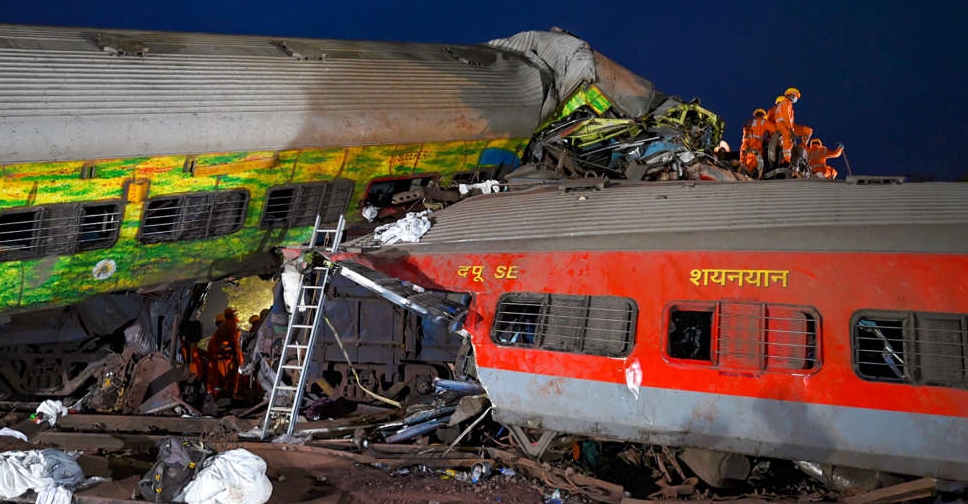
Indian rescue workers completed operations on Sunday after the country's deadliest rail crash in more than two decades, with signal failure emerging as the likely cause of an accident that killed at least 275 people.
The death toll from Friday's crash was revised down from 288 after it was found that some bodies had been counted twice, said Pradeep Jena, chief secretary of the eastern state of Odisha.
The tally was unlikely to rise, he told reporters. "Now the rescue operation is complete."
Nearly 1,200 people were injured when a passenger train hit a stationary freight train, jumped the tracks and hit another passenger train passing in the opposite direction near the district of Balasore.
More than 900 people had been discharged from hospital while 260 were still being treated, with one patient in critical condition, the Odisha state government said.
State-run Indian Railways, which says it transports more than 13 million people every day, has been working to improve its patchy safety record, blamed on ageing infrastructure, and is conducting an initial inquiry to determine the cause of the crash.
India's Railway Board, the top executive body, has recommended that the case be handed over to the Central Bureau of Investigation, Railway Minister Ashwini Vaishnaw said.
Prime Minister Narendra Modi, who faces an election due next year, visited the scene on Saturday to talk to rescue workers, inspect the wreckage and meet some of the injured.
"Those found guilty will be punished stringently," Modi said.
PRELIMINARY INVESTIGATION
Preliminary investigations indicated the Coromandel Express, heading to Chennai from Kolkata, moved out of the main track and entered a loop track – a side track used to park trains – at 128 kph, crashing into the freight train parked on the loop track, said Railway Board member Jaya Varma Sinha.
That crash caused the engine and first four or five coaches of the Coromandel Express to jump the tracks, topple and hit the last two coaches of the Yeshwantpur-Howrah train heading in the opposite direction at 126 kph on the second main track, she told reporters.
This caused those two coaches to jump the tracks and result in the massive pileup, Sinha said.
The drivers of both passenger trains were injured but survived, she said.
The probe is now focused on the computer-controlled track management system, called the “interlocking system”, which directs a train to an empty track at the point where two tracks meet.
The system is suspected to have malfunctioned and should not have allowed the Coromandel Express to take the loop track, Sinha said.
RESTORATION
Workers with heavy machinery were clearing the damaged track, wrecked trains and electric cables, as distraught relatives looked on.
More than 1,000 people were involved in the rescue, the Railway Ministry said on Twitter.
"The target is by Wednesday morning the entire restoration work is complete and tracks should be working," Vaishnawsaid.
At a business centre where bodies were being taken for identification, dozens of relatives waited, many weeping and clutching identification cards and pictures of missing loved ones.
Families of the dead will get 1 million rupees ($12,000) in compensation, while the seriously injured will get 200,000 rupees, with 50,000 rupees for minor injuries, Vaishnaw said on Saturday.



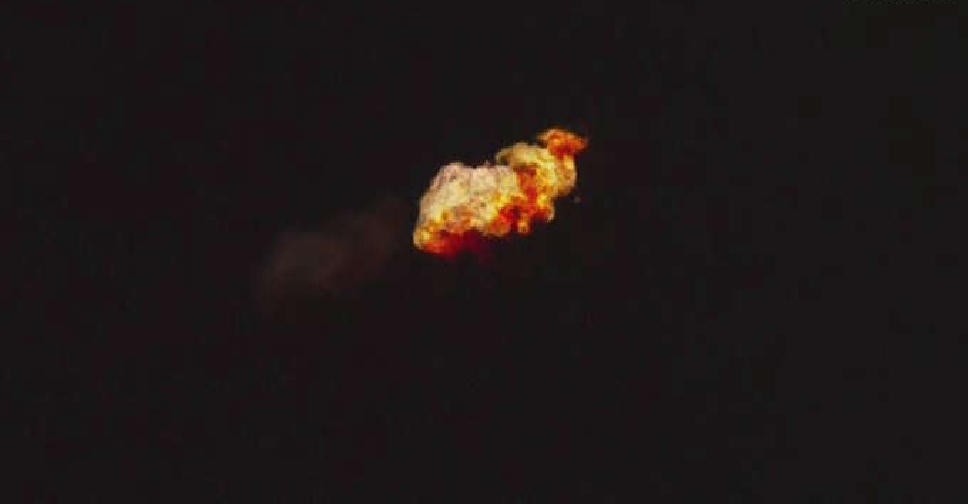 North Korea says latest satellite launch exploded in flight
North Korea says latest satellite launch exploded in flight
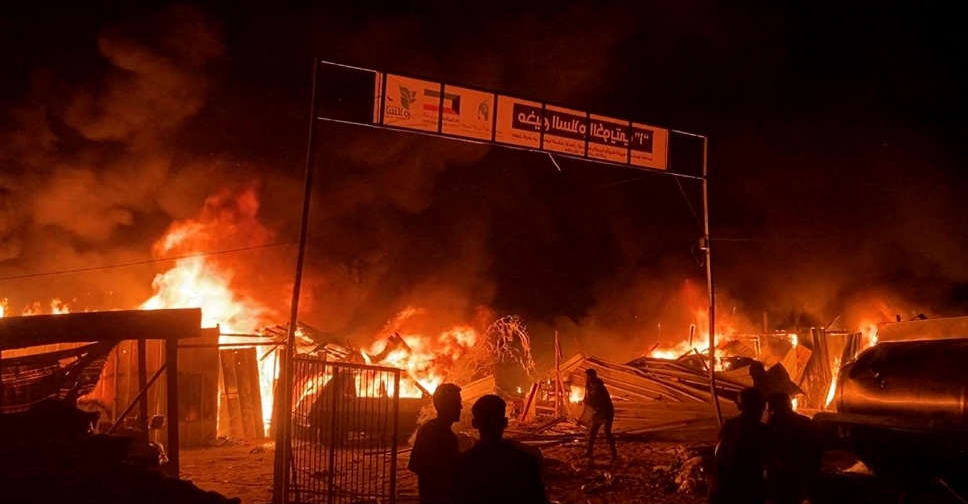 Israeli attack on Rafah tent camp kills 45
Israeli attack on Rafah tent camp kills 45
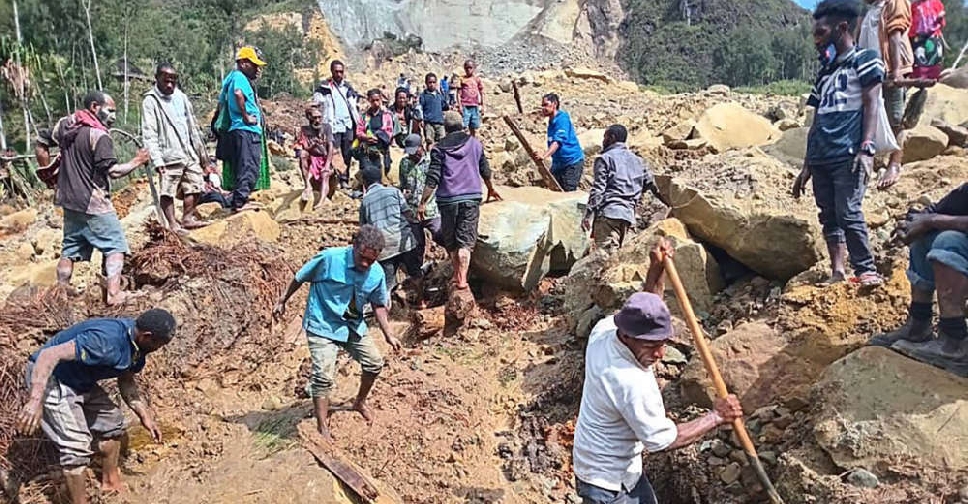 Over 2,000 could be buried in Papua New Guinea landslide, authorities say
Over 2,000 could be buried in Papua New Guinea landslide, authorities say
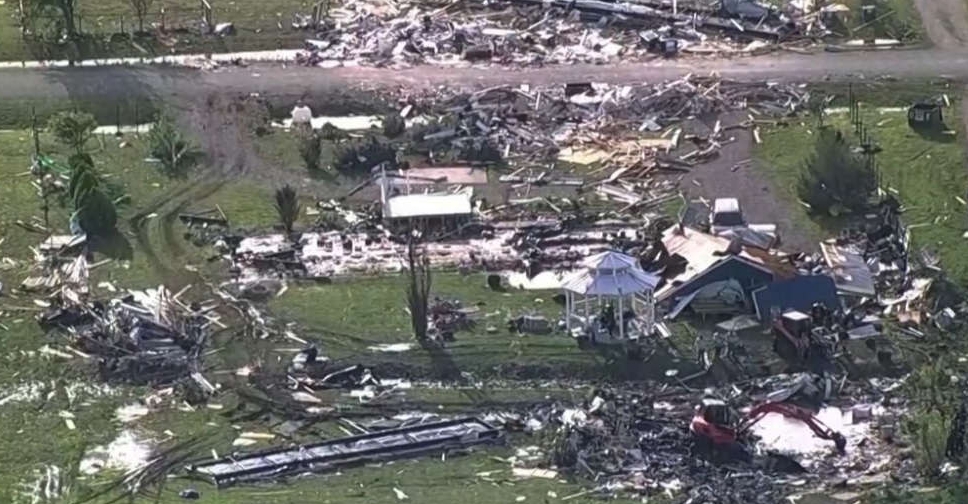 At least 18 killed in US storms
At least 18 killed in US storms
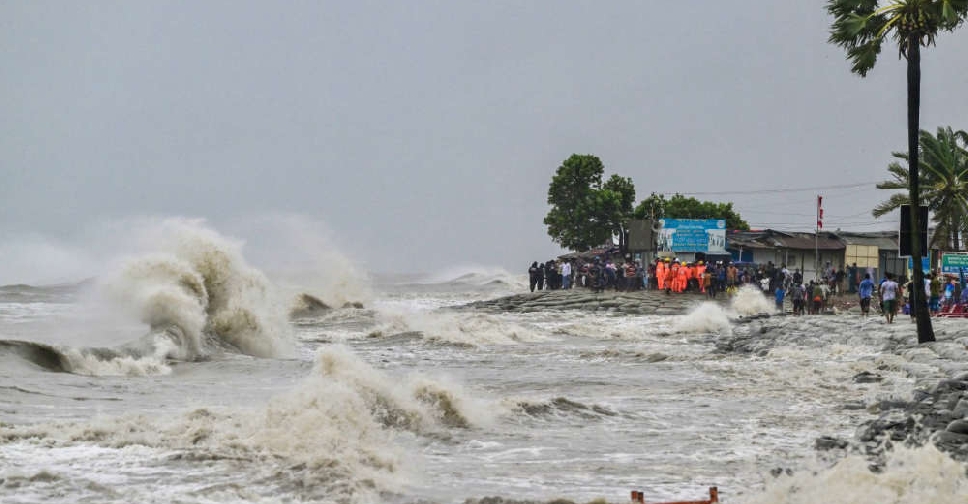 Cyclone Remal leaves millions without electricity
Cyclone Remal leaves millions without electricity







